This article was co-authored by Amber Rosenberg, PCC. Amber Rosenberg is a Professional Life Coach, Career Coach, and Executive Coach based in the San Francisco Bay Area. As the owner of Pacific Life Coach, she has 20+ years of coaching experience and a background in corporations, tech companies, and nonprofits. Amber trained with the Coaches Training Institute and is a member of the International Coaching Federation (ICF).
wikiHow marks an article as reader-approved once it receives enough positive feedback. In this case, several readers have written to tell us that this article was helpful to them, earning it our reader-approved status.
This article has been viewed 911,379 times.
Want to ace your next group interview? All it takes to do well is a little bit of preparation and confidence. We've put together tips that'll help you not only calm any pre-interview nerves but help you stand out from the crowd.
Steps
Preparing for the Interview
-
1Research the company on the Internet. Don't just go to the company's website. Go to other sites that you can find online that discuss the company, such as news sites, reviews and even competing companies in the same field. Look for the company's financial performance information, company history and any big wins (and losses). Try to find out the philosophy driving the company, including reading interviews given by and biographies about key past and present key people in the firm.[1] [2]
-
2Read the position details well. Make sure that when you come into the interview you are able to describe what you think the job is. Think about how your skills and background fit into the job, as you may have to answer that question on the spot.[3]
- Consider how your existing skills demonstrate ability to do what will be required of you in this job. This includes lateral thinking, to transfer skills that are not spot-on fits for the role but display adequate knowledge and experience to allow you to quickly tailor existing skills to the new role.[4]
Advertisement -
3Prepare a 2 minute introduction summarizing your education, your experience, your career goals and how this position will fit into your future plan. Practice this introduction with a friend.
- Also, prepare a few stories that demonstrate your ability to perform the duties of the job.[5]
-
4Role play. If you can, get a few friends or family members to role play a group interview with you. Give them the job description and a bunch of questions. Encourage them to ad lib as well as ask the questions. Divide them into competing interviewees and interviewers. As well as trying to answer questions, watch how others answer questions and the sorts of dynamics you might encounter in a group interview situation. While it's not the real thing, if your friends/family play along properly, you may discover some useful information and approaches.
Standing Out at the Interview
-
1Arrive early. Being early will give you an advantage over some of the other interviewees, as it allows you extra time to meet the interviewers, take in the surroundings and settle yourself. Of course, others in the group may well do the same thing, so introduce yourself (see next).
-
2Introduce yourself to the people from the company before the group interview begins. Be polite and exchange a brief chat to show that you're friendly and team-spirited.
- Be aware that you will probably be wanting some space to compose yourself, and so will your fellow interviewees, so don't chew their ears off.
- If another interviewee is too talkative, invasive or even trying to psych you out, be firmly polite and explain that you need a few minutes to yourself before the interview starts and simply move to another part of the room.
-
3
-
4Be alert and ready for anything. These interviews are interactive. Pay attention, as you will be expected to participate and any lack of participation or enthusiasm will be noted.
-
5
-
6Be considerate. Interviewers may be looking for leadership skills, but this does not mean talking over others or trying to be the loudest. Instead, act as a 'facilitator': say "Shall we take a vote?" and then count the votes. This shows that you are confident, but willing to listen to others.
-
7Give others a turn. Again, if trying to show leadership, delegate tasks to others. Don't try to do it all yourself: no good leader would do that, but if you can co-ordinate others, this works well.Take detailed notes if you are allowed to do so.[9]
-
8Make eye contact with everyone at some point. Direct your pitch at everyone, and don't focus all your attention on one person.
-
9Include quieter people. If someone hasn't said much, ask their opinion. This is great as it shows you are considerate and a real team player. (But don't defer to someone else when it's your chance to speak.)
-
10Praise others for their good ideas. This is a good way to seem friendly and a little authoritative at the same time.
-
11Don't be shy. Speak out, but don't cut other people off or go over your allotted time for the question or exercise. If you are broken up into small groups, realize that people will still come over from time to time to hear what you are saying.[10]
-
12Smile. It might be nerve-wracking but if you appear morose you shan't fare well.
-
13Be sure to say goodbye to the interviewers before you leave. Send a follow-up letter that thanks them for the opportunity and their time.
- It's also a good idea to send a thank-you email to the interviewer as soon as possible after the interview. In that email, reiterate why you're interested in the position and why you're a good fit for the job.[11]
Additional Help
Expert Q&A
-
QuestionHow do I stand out when I'm interviewing with other people?
 Amber Rosenberg, PCCAmber Rosenberg is a Professional Life Coach, Career Coach, and Executive Coach based in the San Francisco Bay Area. As the owner of Pacific Life Coach, she has 20+ years of coaching experience and a background in corporations, tech companies, and nonprofits. Amber trained with the Coaches Training Institute and is a member of the International Coaching Federation (ICF).
Amber Rosenberg, PCCAmber Rosenberg is a Professional Life Coach, Career Coach, and Executive Coach based in the San Francisco Bay Area. As the owner of Pacific Life Coach, she has 20+ years of coaching experience and a background in corporations, tech companies, and nonprofits. Amber trained with the Coaches Training Institute and is a member of the International Coaching Federation (ICF).
Career Coach Develop at least 3 SOAR (situation, opportunity, action, and result) stories that speak to the main job responsibilities. Keep each SOAR story under 3 minutes and be sure to include metrics in your results. For example, you might mention increases in revenue, decreases in budget, or increases in employee or client retention.
Develop at least 3 SOAR (situation, opportunity, action, and result) stories that speak to the main job responsibilities. Keep each SOAR story under 3 minutes and be sure to include metrics in your results. For example, you might mention increases in revenue, decreases in budget, or increases in employee or client retention.
Warnings
- Do not get angry or abusive towards someone if they appear to be taking over, or for any other reason!⧼thumbs_response⧽
- Don't expect the group interview to be your only interview. Sometimes there are follow-up interviews involved.⧼thumbs_response⧽
- Don't expect to get the job, since some group interviews involve up to 20 applicants at a time.⧼thumbs_response⧽
References
- ↑ Amber Rosenberg, PCC. Pacific Life Coach. Expert Interview. 26 April 2021.
- ↑ https://resources.biginterview.com/interviews-101/group-interview/
- ↑ https://www.indeed.com/career-advice/interviewing/how-to-succeed-at-a-group-interview
- ↑ https://www.indeed.com/career-advice/interviewing/how-to-succeed-at-a-group-interview
- ↑ Amber Rosenberg, PCC. Pacific Life Coach. Expert Interview. 26 April 2021.
- ↑ Amber Rosenberg, PCC. Pacific Life Coach. Expert Interview. 26 April 2021.
- ↑ https://theinterviewguys.com/group-interview-questions-included/
- ↑ https://www.indeed.com/career-advice/interviewing/how-to-succeed-at-a-group-interview
- ↑ https://theinterviewguys.com/group-interview-questions-included/
- ↑ https://business.tutsplus.com/tutorials/what-is-a-group-interview--cms-31324
- ↑ Amber Rosenberg, PCC. Pacific Life Coach. Expert Interview. 26 April 2021.





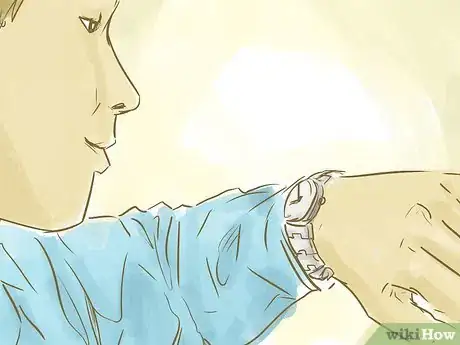













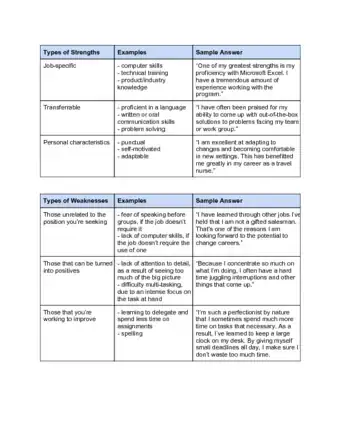
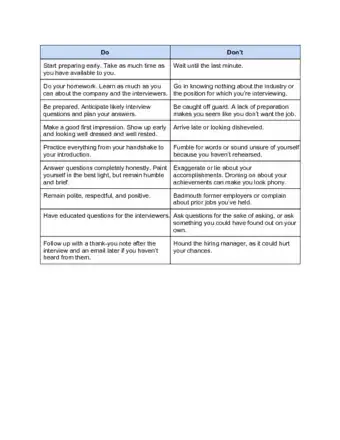
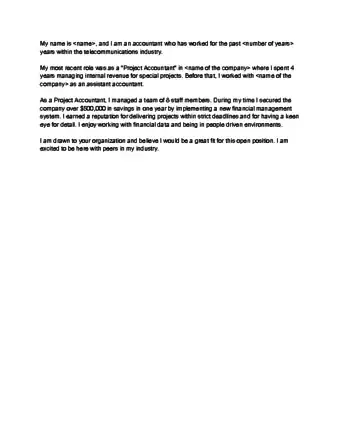


-Step-3-Version-2.webp)


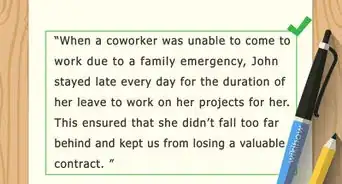




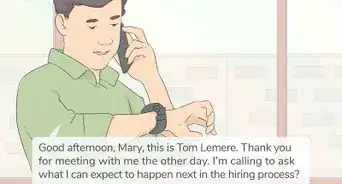














-Step-3-Version-2.webp)



































